
Some 3.26 billion years ago a giant rock between 50 and 200 times the size of the Chicxulub dino-killer smacked into our planet. The result of this impact may have churned up nutrients that gave a select few early microbes a boost.

The earliest cells likely didn't have membranes to separate and protect their components and chemistry away from a harsh surrounding environment. But they may have made do with rain.

Highly reactive complex molecules finding some sort of stability was a necessary step towards life getting started on Earth.
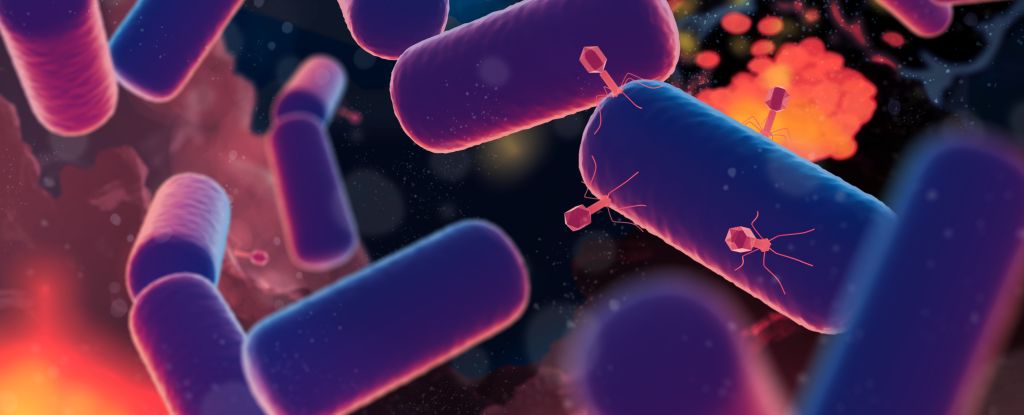
A new study has found that life on Earth emerged surprisingly early. Scientists have determined that the last universal common ancestor (LUCA), the first organism that spawned all the life that exists today on Earth, emerged as early as 4.2 billion years ago.
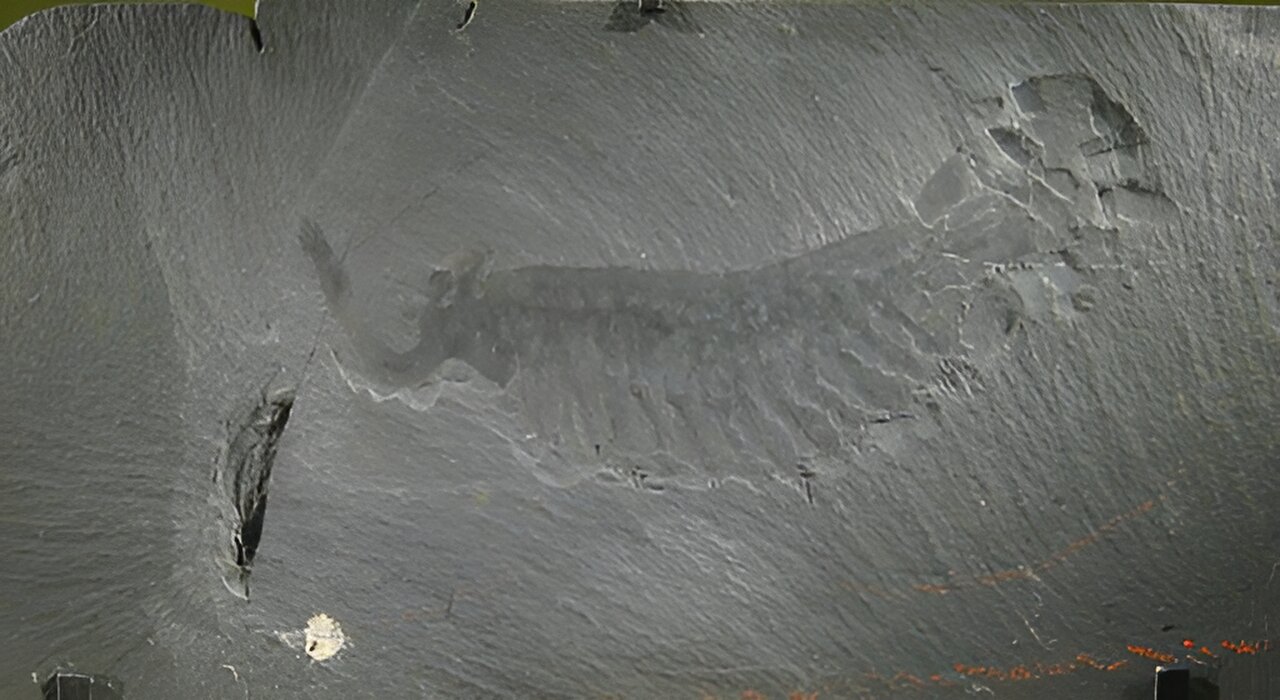
New research provides the clearest evidence yet that the Cambrian explosion - a rapid burst of evolution 540 million years ago, could have been triggered by only a small increase in oxygen levels in Earth's atmosphere and shallow ocean waters.
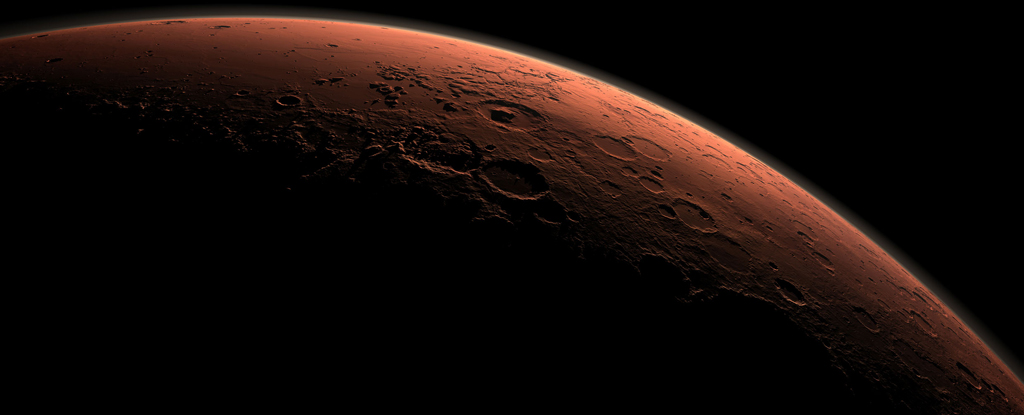
A team of researchers has uncovered evidence of its origins in the atmosphere, where carbon dioxide bathed in ultraviolet sunlight reacted to form a mist of carbon molecules that rained onto the planet's surface.
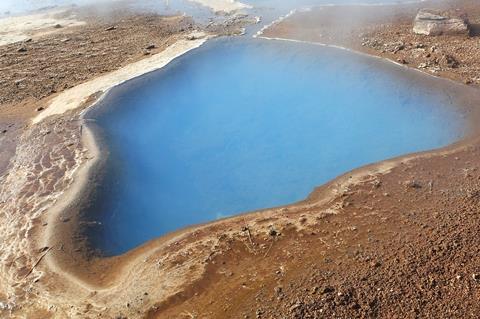
An international scientific team has redefined our understanding of archaea, a microbial ancestor to humans from two billion years ago, by showing how they use hydrogen gas.
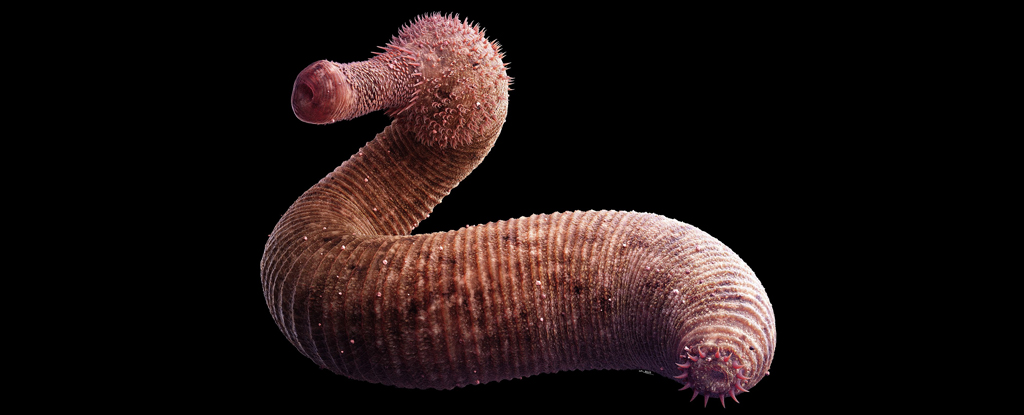
Prehistoric marine worms may have made an outsized contribution to the Great Ordovician Biodiversification Event.
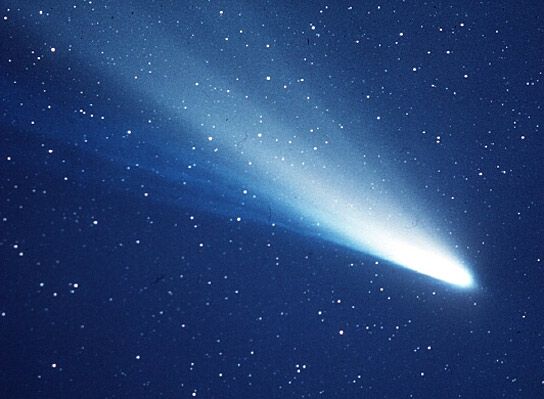
A new study aimed at answering the latter question finds that some building blocks didn’t need to have formed on Earth, but could have arrived from space.

Recently scientists have discovered one plausible pathway for how protocells may have first formed and chemically progressed to allow for a diversity of functions.

The research team investigated how the emergence of the first living systems from inert geological materials happened on Earth more than 3.5 billion years ago.

U.S. scientists argue that chance alone cannot consistently produce the highly complex molecules found in all living creatures. To produce billions of copies of intricate objects like proteins, human hands, or iPhones, the universe needs a 'memory'.

According to the research, nature could have selected building blocks with useful properties before the Darwinian evolution.

An international team has analyzed samples taken from the asteroid Ryugu in 2018 by the Hayabusa2 mission and found uracil, one of the five key bases of the RNA and DNA molecules that are crucial to life as we know it.

How life emerged on Earth from an assortment of non-living molecules is a stubbornly enduring mystery but now we could have some more clues thanks to a recent study.